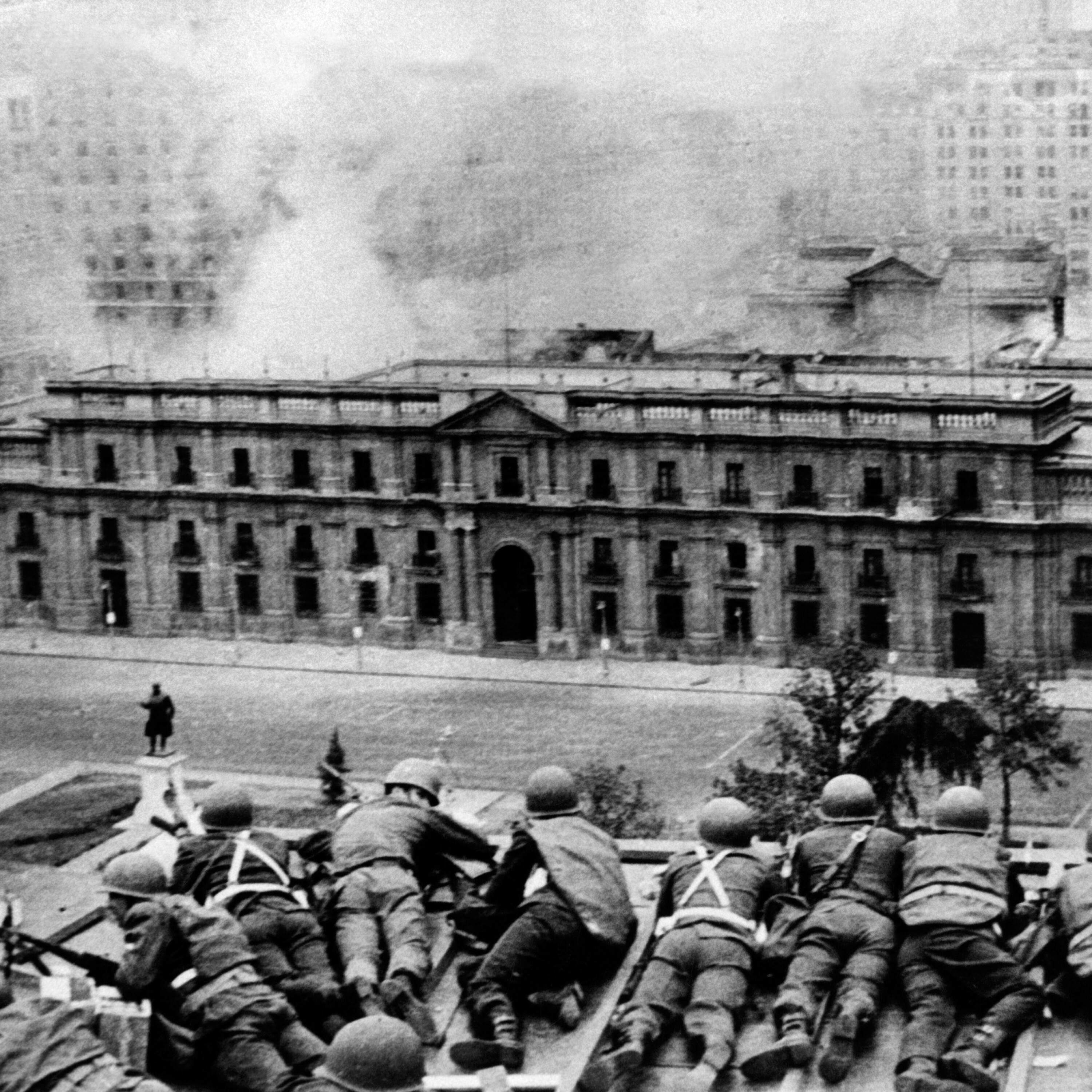From the Frontlines
Journalism is under unprecedented threat worldwide. At least 220 journalists have been killed in Gaza alone since the October 7th, 2023 Hamas-led attack on Israel; the Committee to Protect Journalists says it’s the deadliest conflict for journalists the group has ever documented. In conflicts around the world, it’s war reporters who write the first draft of history. But getting to the front lines, finding the truth, and reporting it is easier said than done. Today on the show: war reporters, and what’s at stake if they can’t do their jobs.
To access bonus episodes and listen to Throughline sponsor-free, subscribe to Throughline+ via Apple Podcasts or at plus.npr.org/throughline.
Learn more about sponsor message choices: podcastchoices.com/adchoices
NPR Privacy Policy
To access bonus episodes and listen to Throughline sponsor-free, subscribe to Throughline+ via Apple Podcasts or at plus.npr.org/throughline.
Learn more about sponsor message choices: podcastchoices.com/adchoices
NPR Privacy Policy
Press play and read along
Transcript
Transcript is processing—check back soon.
Throughline — From the Frontlines





